Maintaining performance throughout a laser cutting or welding process is critical to achieving high quality results and preventing damage to materials. This is best done by monitoring the process and measuring certainlaser parameters, to identify issues and allow for preventative maintenance.
Laser cutting and welding performance
When it comes to laser cutting and welding, maintaining high performance is key to a job well done – and to profitability. In many industrial materials processing applications, extremely precise results are critical. If the laser system shifts or malfunctions, the part being processed is often ruined and the materials wasted. In order to keep the process running smoothly, three steps should be followed – monitor, measure, maintain.
First, make sure there is a system in place to monitor the process. Secondly, ensure this system takes measurements of important laser parameters which can identify issues with the process. And lastly – use the information gathered through measurements to perform maintenance on the system as early as possible, before there is a chance for significant damage to occur to the materials being processed.
The problem of focus shift
One issue that often affects the laser cutting process is focus shift. This occurs due to thermal effects on laser components, changing their optical characteristics and resulting in – among other things – an unintended shift of the focal spot location. This means an unintended shift in where the power density is high enough to do the work; the laser will begin to interact differently with the material being processed, and cause inconsistencies. Focus shift is one of the reasons that there must be process control, achieved through measurements, to ensure the process remains consistent over time.
Monitoring and measuring the process
There are a number of laser measurements which give insight into the laser cutting process and allow for process control.
Measuring laser power is the first step to ensuring consistent laser performance. Any unintended reduction in laser power could signal an issue such as accumulated debris on an optical component, which could reduce product quality greatly.
Another important measurement type is beam profiling. Ophir’s BeamWatch, for example, is a measurement system that can measure industrial multi-kilowatt laser beams in real-time, using unique Rayleigh Scattering profiling technology to analyze the laser beam without touching it, making it ideal for constant monitoring during a laser cutting or welding process.
The benefits of preventative maintenance
When a sophisticated measurement system is implemented to monitor laser parameters, there will be early indicators of degradation in the laser equipment, or other issues such as focal shift. This allows maintenance on a preventive basis, before the results of the laser cutting process are significantly affected. This can prevent wasted materials, reduce the need for an expensive repair in the future, and cut downtime to a minimum.
Of course, sometimes corrective maintenance is required when a laser system component fails, which occurs even in well-maintained systems. In these cases, measurement systems can often assist in the troubleshooting process, to identify the cause of the failure and allow for prompt repair or replacement.
Summary
For laser cutting and welding processes, measuring laser parameters allows continuous control over the process itself, and also highlights any need for maintenance, which, in the long run, can save time, money, and materials. With the right system in place, the laser cutting process will continue to run smoothly over time, achieving maximum productivity and performance.
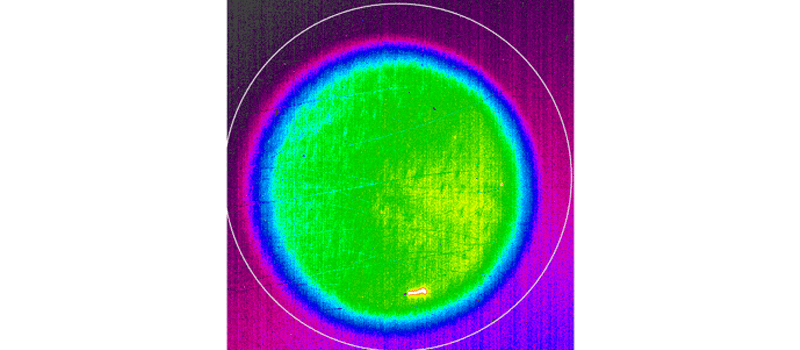

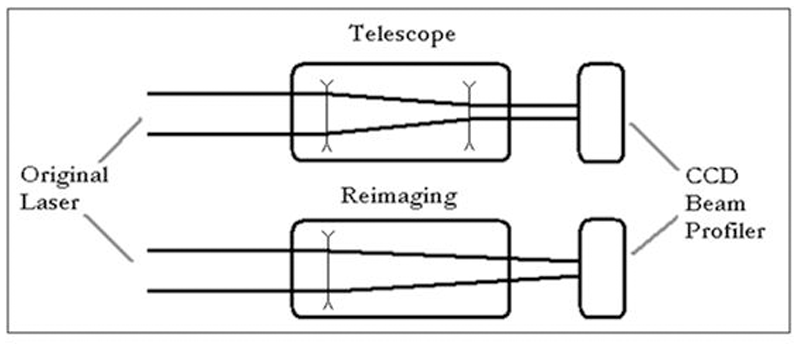
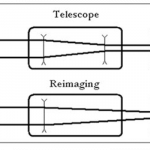
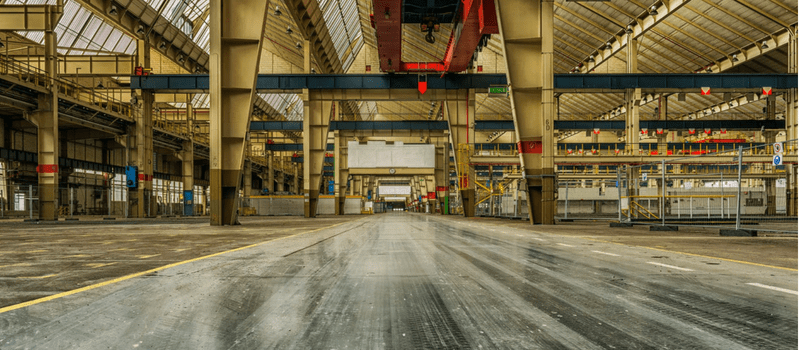

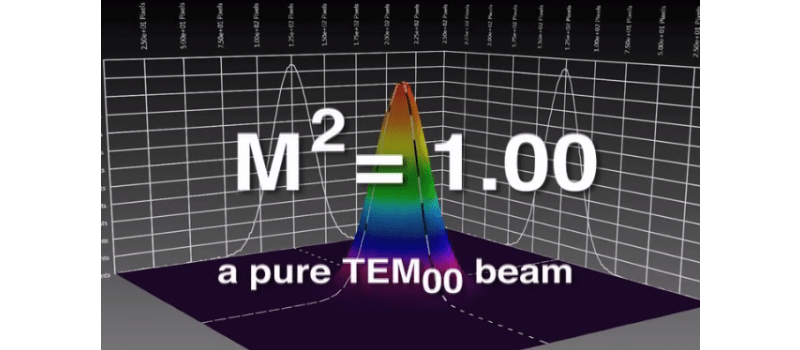
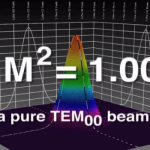


Leave a Reply
Your email address will not be published. Required fields are marked *